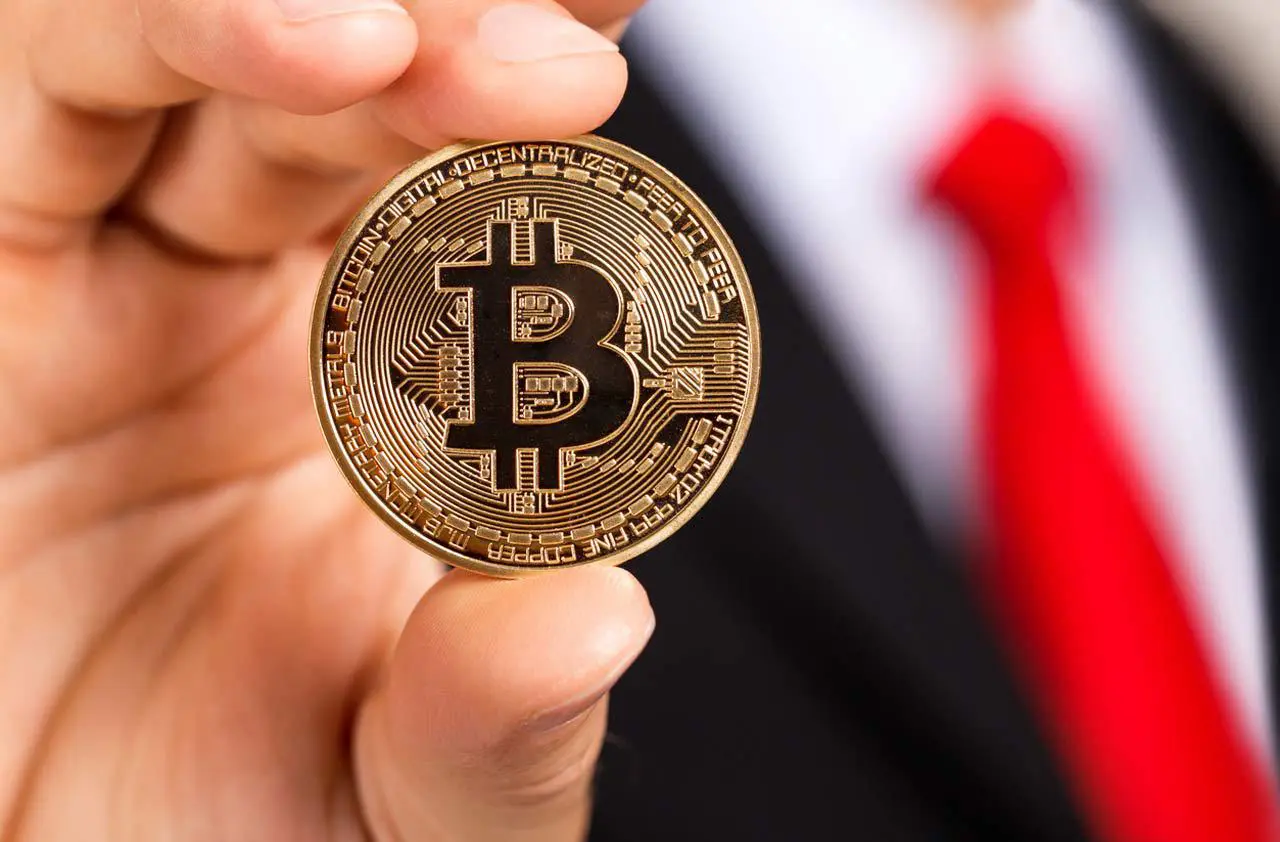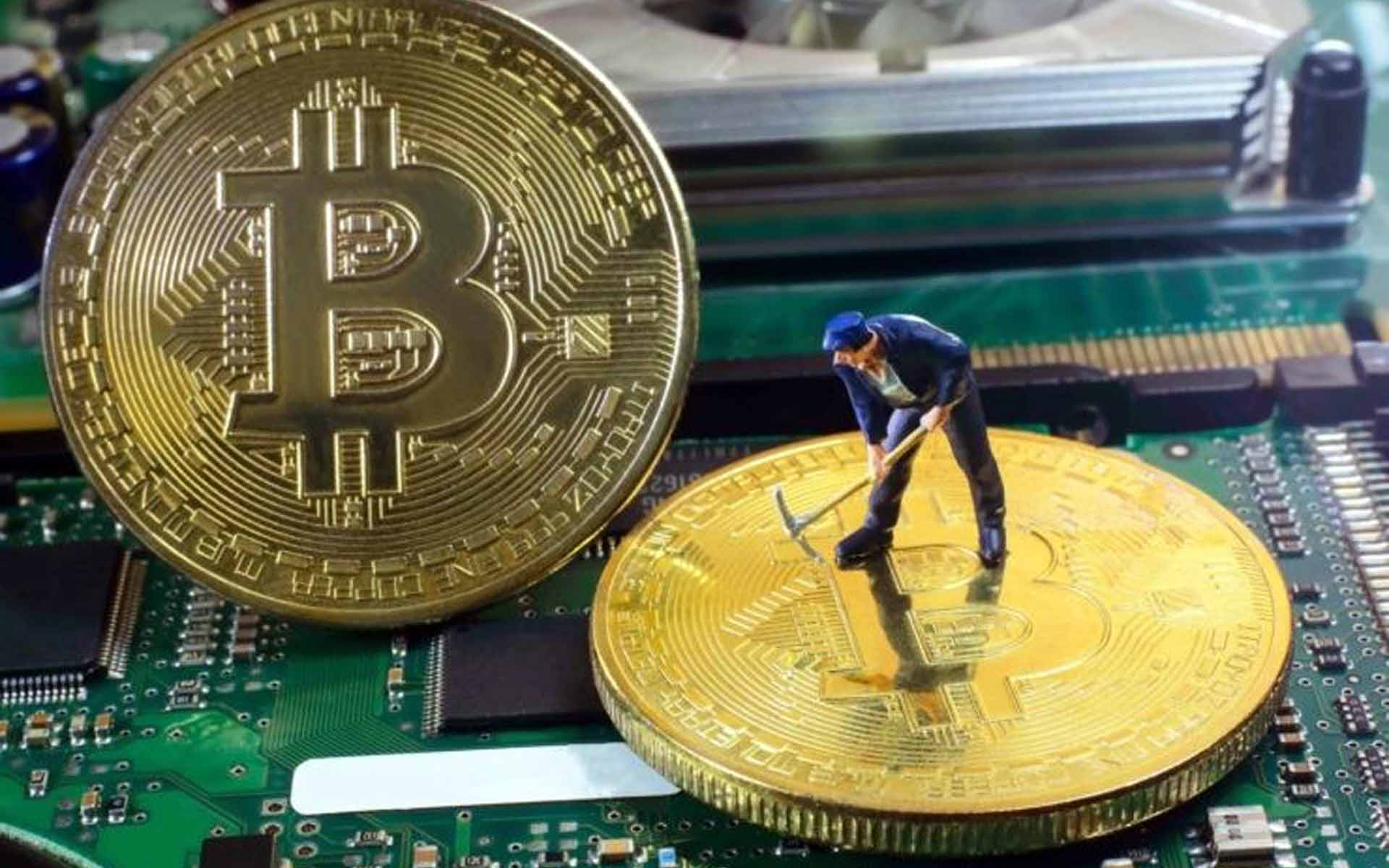What is Bitcoin
Bitcoin cannot be explained in a simple sentence. Nothing unknown really can. If I were to ask you what money was, there is no way you could explain it in a sentence and capture what money really was, because if you told me it was the cash in your wallet, I could ask how it can then be transferred over a plastic card, followed by why it inflates over time, followed by followed by why I can't send it to Russia and many more questions. Believe it or not, these are all properties of the money we use today.
We use money every day, yet most of us do not know where it comes from, why there is a government debt, nor what inflation really is.
Shells, salt, and gold were all used as money in the past, they were mediums by which we could take payment, defer for some time, and then make payments at a later date. Today we have cash, but we also have digital accounts with debit and credit balances as our medium for money.
Bitcoin is an alternative medium that can be used as money. Each medium has its properties, and people choose to use the medium that works best for them; the chosen medium can and does change over time as better ones become available, but we often settle on a single medium after a transitional period until a new and better medium is discovered later on.
At a glance, some of the more widely known properties of Bitcoin are:
- It is digital and can be used over any digital communication technology including the internet.
- It has a fixed maximum supply of 21 Million Bitcoin (scarce).
- It has no central authority who controls its supply nor its utility (decentralised).
- It can be owned and spent without any trusted intermediaries (permission-less).
Of course, there are more nuanced properties that are not so commonly brought up at the beginning of one's journey into the technology:
- It exists in the form of a constantly growing public digital record (a digital ledger).
- It relies on people to secure multiple copies of the ledger to remain resilient.
- It depends on people to defend the properties that they care for in order to uphold its integrity.
- It relies on energy to be globally abundant, yet costly-to-produce to keep itself impossible to co-opt.
This means that Bitcoin's existence and its headline properties are not self-sustaining or automatic, it is dependent on the active participation and efforts of individuals. There are also real operational costs due to the way it relies on energy production too.
This very circular dependency of properties depending on the people who depend on them should give anyone pause; if its properties depend on people, how easily can those properties be lost? Fortunately, these properties exist for as long as a single individual defends it. Its usefulness as a money is practically none, but the properties exist. As long as others begin to discover and value these properties, its user base will grow and its ability to represent a useful money will improve.
Contrasting the desired properties
The very properties mentioned at the beginning are unique, but together can make for a much more convenient money than we have today.
Today we have money that can be used online or in person and is convenient most of the time for many of us, but there are limits to how they can be used that are naturally enforced by the medium; the nature of needing to prove your identity to have a bank account, to plead your case before a bank will make a decision to approve or disapprove a large transaction: these are natural properties of our money today due to the mediums we use.
Banks are independent companies with the right to autonomy around who they serve, and what they permit, but they are also the only gateway to digital payments, and in many cases, even in-person payments when shops refuse to accept cash. They are also the gateway to loans and mortgages which are no longer just opportunistic products, but are necessities that people need to survive in society. As a medium for money, both banks and cash leave a lot to be desired - especially today where cash is becoming less widely accepted and increasingly painted as a suspicious tool used only by criminals.
Bitcoin can provide similar properties of cash payments within a digital setting; they are person to person (aka peer to peer) and no intermediary can intercept and block the transaction for political or liability risk purposes. This is often referred to as the permission-less property of Bitcoin. It also seems to be gaining the opposite reputation to cash as a tool for financial freedom and wealth preservation rather than a tool for shady activities, even though many are still trying to push that narrative.
If the convenience and accessibility problem does not affect or appeal to you, another property Bitcoin provides is its fixed maximum supply. This foremost removes the power for others to inflate the value of our money in order to pay for arbitrary political initiatives, forcing governments to cover their costs, including the support of wars, honestly through taxation and other forms of fund raising alone.
This property has another side effect: as traders observe Bitcoin's price in the market, they engage in trading activities, adding massively to its volatility. This volatility attracts more attention to Bitcoin which so happens to accelerate its growth. With a fixed supply, the only other determinant of its price is demand, and while trading demand can be volatile, and while traders tend not to care about the properties of Bitcoin as much as the opportunity for profits, there is an underlying market growth caused by individuals who discover and seek to acquire more Bitcoin after understanding its properties in contrast to those of their own money.
Bitcoin's core properties are much more valuable to people in third world countries. This is where much of the direct use of Bitcoin is happening, where its properties are being utilised and proven, and where there is an opportunity to make the most of this new medium to break free from tyranny and/or help people to improve their positions in the global order; and they will become more familiar with this medium before most of the rest of us catch on to how we can use it effectively as money.
Mainstream misconceptions of Bitcoin
Many try to downplay Bitcoin by citing its limited supply as its only attribute, but this is clearly not the case. It is the different properties together that make it a strong candidate for money, and it is the growing interest by people that makes it a likely candidate for a widely used money.
Another critique is that Bitcoin and cryptocurrencies are the same, and that there are more units of other cryptocurrencies, but again, Bitcoin is only Bitcoin; each other cryptocurrency should be evaluated on its own merits, yet they are often compared to the success stories of Bitcoin by those who wish to sell the product, and Bitcoin is often described as if it were the whole range of cryptocurrencies by those who wish to debate against Bitcoin.
It is widely accepted that the majority of cryptocurrencies are pump-and-dump and ponzi schemes, but what is not well acknowledged is that Bitcoin seems to be the only technology that does not have a central leader or authority. Many cryptocurrencies claim to have the same decentralised property, but for many reasons, there is always a leader or foundation that plans and pushes changes with little to no resistance, including Ethereum who has shown that when checks and balances are put into place but the foundation needs an exception, the checks and balances can be easily disabled or pushed into the future. It sounds a lot like central banks and how they often tend to kick many monetary problems down the road.
It is not impossible that cryptocurrencies may live for many years and serve a purpose to many, but they are closer to private money than to a neutral commodity, which means that they are likely to be captured and presented as the next money, while inheriting many of the properties of today's bank money with biased policies to the wealthy class over others. Worse still, they may have their leaders shut down operations and only then will we know whether the technology can stand and operate on its own with its users at the wheel, but its market price will likely tumble too.
Of course there are nuances
As people have explored and interacted with Bitcoin, they have confirmed that it has limitations, such as its limited capability of processing only around 4,200 transactions every 10 minutes on average. This does not however mean that it is doomed to fail, it merely means that if we wish to continue to use Bitcoin in the future among many more users, we may need to reconsider how we use it.
A great example of how we may overcome this limitation is a payments network called the Lightning Network which was designed to provide relief to Bitcoin by handling the majority of economic transactions off band, reducing the number of Bitcoin records from what might naturally be multiple per person per day, to possibly just a few per person per month.
Another example of its nuances, is the public nature of the Bitcoin ledger. Although there are no names or ID's associated with payments, there is a traceable trail of payments that have the potential to reveal very personal and private information such as your net worth, spending habits and who you financially interact with. Think of this as collection of anonymous data that can later be tied to your identity and become personal data.
This trail enables the strict accounting that Bitcoin employs to enforce its fixed maximum supply property and ensure that users can always verify it. Fortunately, researchers and developers have been working to find and develop ways for people to conceal or separate the details of their trades from their historical activities, while also improving the efficiency by which we use the medium; many people don't tend to value their privacy today, but if cheap enough, it can simply become the standard way to use Bitcoin.
Privacy is an important property to achieve, today we have privacy from our neighbours, but none from those who provide it and who also use it to exploit us. Bitcoin has the opportunity to become private from our neighbours and our would-be exploiters at the same time.
Other issues are also being researched and developed, such as how best to develop user interfaces for applications that interact with Bitcoin on behalf of its users (these apps are often called Bitcoin wallets). Many of the things that we must do today, such as writing down 12 words, may feel unfamiliar, but they are huge improvements to much scarier and error prone practices that were used in earlier years such as writing down a 64 character code of random looking letters and numbers. The products we use today will likely change over time, but those who see that progression will better understand the technology and may likely also influence the direction that these products take by simply using, not using, or even complaining or gossiping about them.
TLDR;
Bitcoin is a medium, a tool that can embody money and be used for trade, just like shells, gold, paper money and bank accounts have done until now. This has been a call for people to explore this medium and understand how to use it instead of ignoring it until you have fallen to a position of disadvantage compared to those who did.
Its limited supply makes it economically enticing as a store of value, but it also possesses properties that make it resilient to manipulation and efforts to control it. These properties mean that Bitcoin is not a passing fad to ignore.
We also compared its properties against the properties of the money we use today in order to highlight the stark difference in nature of Bitcoin, and to hint at some of the reasons why people are exploring Bitcoin for themselves and why it has become the only medium available to many people around the world to use as money.
Finally we explored some of the limitations of this medium in order to ensure that it is clear that Bitcoin is not in its final form just yet; just like the internet, it will evolve to overcome its limitations as people build out extra infrastructure in order to be able to benefit from its properties at scale.



